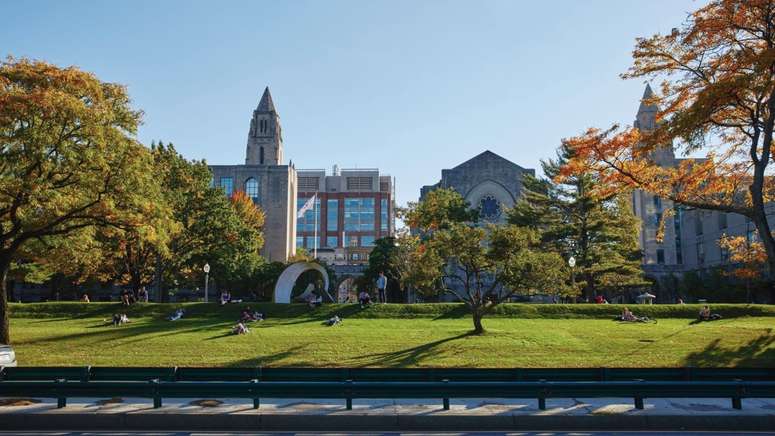
The Aram Society for Syro-Mesopotamian Studies is hosting a series of conferences in July of 2024. Information on the different conferences can be found below
Alcohol in the Ancient Near East 3000 BC – 700 AD
Dates: June 3o – July 2, 2025
Transmission and Innovation: Scientific, technological and religious thought in the Ancient Near East (3000 BC – 700 AD), and its Fifty-Seventh International Conference, Part I, will study the theme of Alcohol in the Ancient Near East on 30th June – 2nd July 2025, at the Faculty of Asian and Middle Eastern Studies, the University of Oxford, UK. The theme will include many disciplines, such as the alcohol industry, medicine, physics, chemistry, history, archaeology, art, religion, and mythology.
The conference will start on Monday 30th June at 9am, finishing on Wednesday 2nd July at 1pm. Each speaker’s paper is limited to 45 minutes, with an additional 15 minutes for discussion. All papers given at the conference will be considered for publication in a future edition of the ARAM Periodical, subject to editorial review. If you wish to participate in the conference, please contact the ARAM Society, the Faculty of Asian and Middle Eastern Studies, University of Oxford, Pusey Lane, Oxford OX1 2LE, UK. Tel. 01865-514041 Email: aram@ames.ox.ac.uk
Religious Offerings and Sacrifices in the Ancient Near East 3000 BC – 700 AD
Dates: July 2 – July 4, 2025
ARAM Society for Syro-Mesopotamian Studies is organizing its Fifty-Seventh International Conference, Part II, on Religious Offerings and Sacrifices in the Ancient Near East 3000 BC – 700 AD, 2nd -4th July 2025, at the Faculty of Asian and Middle Eastern Studies, the University of Oxford, UK.
The conference will start on Wednesday 2nd July at 4pm, finishing on Friday 4th July at 6pm. Each speaker’s paper is limited to 45 minutes, with an additional 15 minutes for discussion. All papers given at the conference will be considered for publication in a future edition of the ARAM Periodical, subject to editorial review. If you wish to participate in the conference, please contact the ARAM Society, the Faculty of Asian and Middle Eastern Studies, University of Oxford, Pusey Lane, Oxford OX1 2LE, England. Tel. 01865-514041 Email: aram@ames.ox.ac.uk
The Armenians BC: History and Archaeology
Dates: July 14 – 15, 2025
ARAM Society for Syro-Mesopotamian Studies is organizing its Fifty-Eighth International Conference (Part I) on the Aramaeans BC: History and Archaeology, to be held at the Faculty of Asian and Middle Easter Studies, the University of Oxford, on 14th – 15th July 2025.
The conference will start on Monday, July 14th at 9am, finishing on Tuesday 15th July at 6pm.
Each speaker’s paper is limited to 45 minutes, with an additional 15 minutes for discussion. All papers given at the conference will be considered for publication in a future edition of the ARAM Periodical, subject to editorial review. If you wish to participate in the conference, please contact the ARAM Society, Faculty of Asian and Middle Eastern Studies, University of Oxford, Pusey Lane, Oxford OX1 2LE, UK. Tel. 01865-514041 Email: aram@ames.ox.ac.uk






















